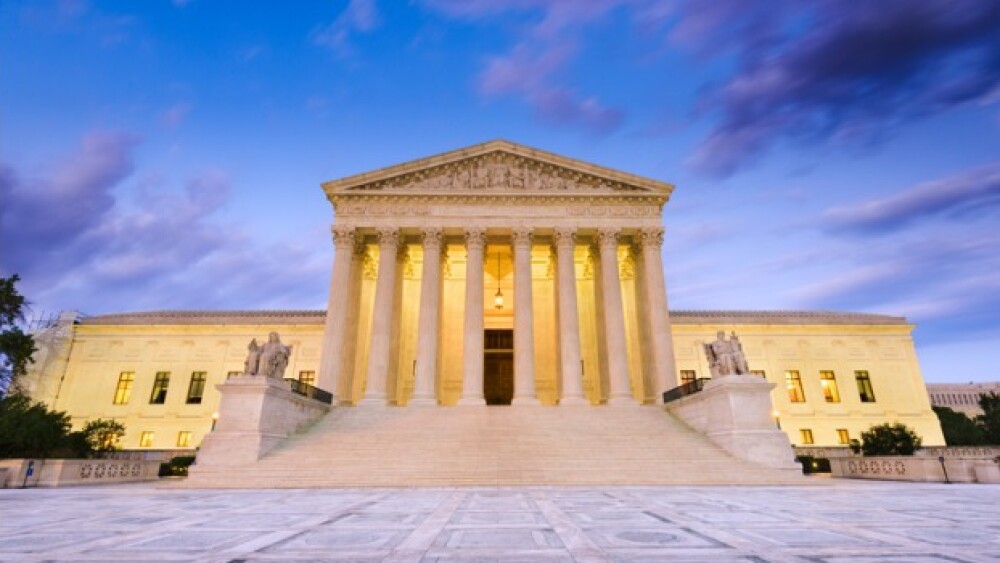Mifepristone’s legal saga continues as the U.S. 5th Circuit Court of Appeals ruled for steep restrictions on the drug’s access, though its effectivity is pending the Supreme Court’s review.
Pictured: U.S. Supreme Court building in Washington, DC/ iStock, SeanPavonePhoto
A U.S. federal appeals court on Wednesday imposed restrictions on access to the abortion pill mifepristone, though this ruling will not take effect immediately as its effectivity is pending the Supreme Court’s review.
While it did not rule that mifepristone had to be taken off the market completely, the U.S. 5th Circuit Court of Appeals in its 93-page decision upheld a lower court’s ruling that disallowed telemedicine prescriptions for the drug and its delivery by mail.
“In loosening mifepristone’s safety restrictions, FDA failed to address several important concerns about whether the drug would be safe for the women who use it,” Judge Jennifer Walker Elrod wrote for the court, adding that the regulator also did not consider the “cumulative effect” of lifting several safeguards simultaneously.
“And it failed to gather evidence that affirmatively showed that mifepristone could be used safely without being prescribed and dispensed in person,” Elrod wrote.
However, the appeals court also noted that its decision “is subject to the prior order of the Supreme Court,” which had previously issued a stay on the lower court’s decision. Wednesday’s ruling will not take effect pending final judgement from the Supreme Court.
The Biden administration plans to appeal the decision to the Supreme Court, a spokesperson for the Department of Justice told Reuters.
Mifepristone is an oral drug approved in 2000 to terminate early pregnancies through 49 days of gestation. It works by blocking progesterone, an important hormone in pregnancy, and is typically given together with misoprostol.
In 2016, the FDA signed off on an update to the drug’s label, authorizing use through 70 days of gestation and changing certain dosage parameters. The 2016 update also allowed non-physicians to dispense the drug and removed the prior requirement that mifepristone be administered in person at a healthcare facility. Following these label amendments, the abortion pill could be taken at home.
In November 2022, the Alliance for Hippocratic Medicine—along with other pro-life medical organizations and individual petitioners—filed a lawsuit against the FDA alleging that the regulator “never studied the safety of the drugs under the labeled condition of use.” The group sought to have mifepristone’s approval withdrawn or suspended and to have it taken off U.S. shelves.
District Judge Matthew Kacsmaryk took their side in April 2023 and issued a preliminary injunction to block the sales of the abortion pill.
In response to an emergency appeal by the Biden administration on behalf of the FDA, and mifepristone manufacturer Danco Laboratories, the Supreme Court stepped in days later with Justice Samuel Alito issuing an administrative stay on Kacsmaryk’s ruling.
Tristan Manalac is an independent science writer based in Metro Manila, Philippines. He can be reached at tristan@tristanmanalac.com or tristan.manalac@biospace.com.






